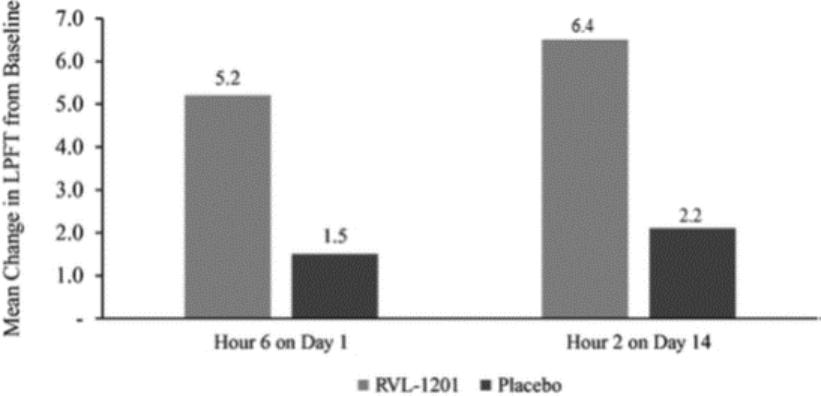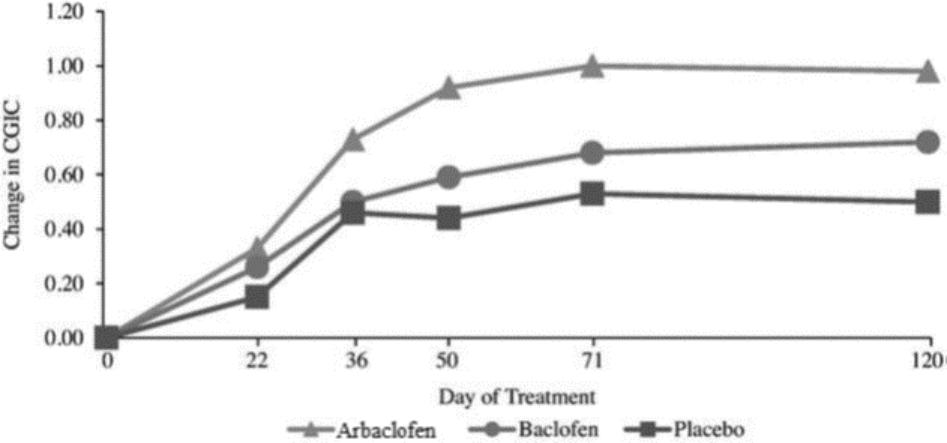We are subject to extensive governmental regulation and we face significant uncertainties and potentially significant costs associated with our efforts to comply with applicable regulations. Any non-compliance may result in fines or other sanctions, including debarment, product seizures, product recalls, injunctive actions and criminal prosecutions, which could result in material adverse effects to our business, financial position and results of operations.
The pharmaceutical industry operates in a highly regulated environment subject to the actions of courts and governmental agencies that influence the ability of a company to successfully operate its business and is subject to regulation by various governmental authorities at the federal, state and local levels with respect to the development, manufacture, labeling, sale, distribution, marketing, advertising and promotion of pharmaceutical products. As a pharmaceutical manufacturer and distributor, we are subject to extensive regulation by the federal government, principally the FDA and the Drug Enforcement Administration, or DEA, as well as by state governments.
The FDCA, the Controlled Substances Act, the Generic Drug Enforcement Act of 1992, or the Generic Drug Act, and other federal, state and local statutes and regulations govern the testing, manufacture, safety, labeling, storage, disposal, tracking, recordkeeping, approval, advertising and promotion (including to the healthcare community) of our products. If we, our products, the manufacturing facilities for our products, our CROs, or other persons or entities working on our behalf fail to comply with applicable regulatory requirements either before or after marketing approval, a regulatory agency, such as the FDA, may, depending on the stage of product development and approval, revoke, withdraw, or suspend approvals of previously approved products for cause, debar companies and individuals from participating in the drug-approval process, request or in certain circumstances mandate recalls of allegedly violative products, seize allegedly violative products, issue Warning Letters or Untitled Letters, mandate modifications to promotional materials or require the provision of corrective information to healthcare practitioners, amend and update labels or package inserts, suspend or terminate any ongoing clinical trials, refuse to approve pending applications or supplements to applications filed, refuse to allow entry into government contracts, obtain injunctions to close manufacturing plants allegedly not operating in conformity with FDA’s cGMP requirements, stop shipments of allegedly violative products, impose fines perhaps significant in amount, require entry into a consent decree, which can include imposition of various fines, reimbursements for inspection costs, required due dates for specific actions and penalties for noncompliance and other sanctions imposed by courts or regulatory bodies, including criminal prosecutions. If we or a regulatory agency discovers previously unknown problems with a product, such as adverse events of unanticipated severity or frequency, or problems with the facility where the product is manufactured, a regulatory agency may impose restrictions relative to that product or the manufacturing facility, including requiring product recall, notice to physicians, withdrawal of the product from the market or suspension of manufacturing. From time to time, we have voluntarily recalled our products and may do so in the future.
Because of the chemical ingredients of pharmaceutical products and the nature of the manufacturing process, the pharmaceutical industry is subject to extensive environmental laws and regulation and the risk of incurring liability for damages and the costs of remedying environmental problems. These requirements include regulation of the handling, manufacture, transportation, storage, use and disposal of materials, including the discharge of hazardous materials and pollutants into the environment. In the normal course of our business, we are exposed to risks relating to possible releases of hazardous substances into the environment, which could cause environmental or property damage or personal injuries, and which could result in (i) our noncompliance with such environmental and occupational health and safety laws and regulations and (ii) regulatory enforcement actions or claims for personal injury and property damage against us. If an unapproved or illegal environmental discharge or accident occurred or if we were to discover contamination caused by prior operations, including by prior owners and operators of properties we acquire, then we could be liable for cleanup, damages or fines, which could have a material adverse effect on our business, financial position, results of operations and cash flow. In the future, we may be required to increase expenditures in order to remedy environmental problems or comply with changes in applicable environmental laws and regulations. We could also become a party to environmental remediation investigations and activities. These obligations may relate to sites that we currently or in the future may own or lease, sites that we formerly owned or operated, or sites where waste from our operations was disposed. Additionally, if we fail to comply with environmental regulations to use, discharge or dispose of hazardous materials appropriately or otherwise to comply with the provisions of our operating licenses, the licenses could be revoked, and we could be subject to criminal sanctions or substantial civil liability or be required to suspend or modify our manufacturing operations. We currently operate in Florida, Georgia, and New Jersey, and in overseas jurisdictions including Argentina and Hungary, and we are required to comply with the laws and regulations of those states or



